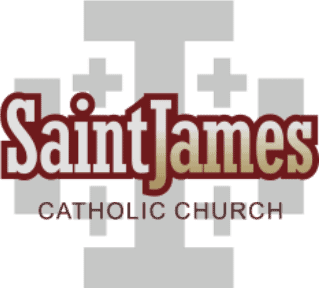Holy Baptism is the basis of the whole Christian life, the gateway to life in the Spirit (vitae spiritualis ianua), and the door which gives access to the other sacraments. Through Baptism we are freed from sin and reborn as children of God; we become members of Christ, are incorporated into the Church and made sharers in her mission: “Baptism is the sacrament of regeneration through water in the word. – CCC 1213
To be baptized is to become a new creation in Christ and an essential part of the community of believers we call the Body of Christ: “As a body is one though it has many parts, and all the parts of the body, though many, are one body, so also Christ.” (1 Cor. 12:12). Baptism marks the beginning of a Catholic’s life in Christ even as it washes away sins, rescues from the power of darkness, and makes the baptized an adopted child of God.
Every Catholic is baptized into a community of believers with whom they will share their lives and whose faith they will sustain. In this way, the baptism of one brings grace to the person baptized and to the community as a whole. As such, baptism ought to take place in the parish to which the person baptized will belong or – if the person baptized is a child – in the parish to which the child’s parents or guardians belong.


